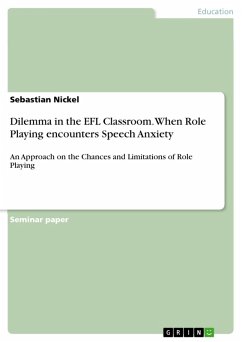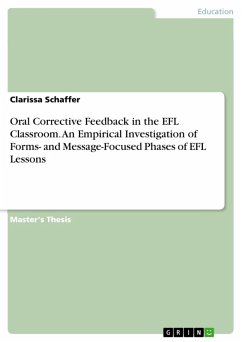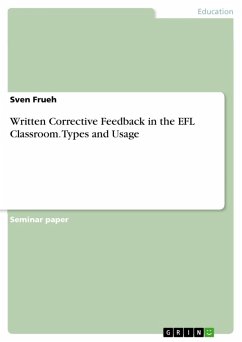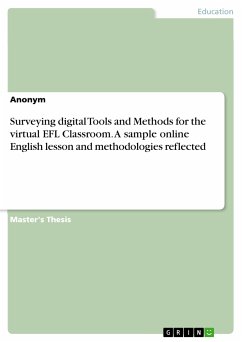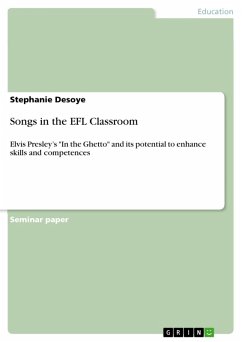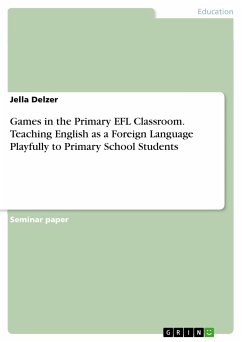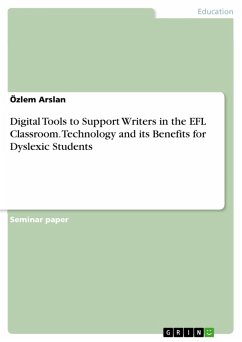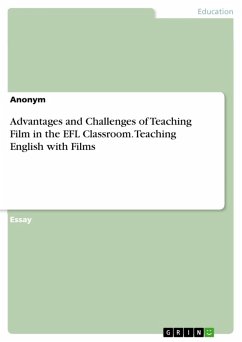Seminar paper from the year 2017 in the subject Didactics for the subject English - Pedagogy, Literature Studies, grade: 1,3, University of Potsdam, language: English, abstract: With the turn to rather communicative language teaching during the mid-seventies, role playing has found its way in German EFL classrooms. Even forty years after its initial arrival, role playing is still one of the most frequently used communicative teaching methods. The method is commonly regarded as decidedly effective, communicative, versatile and close to everyday life situations. Unsurprisingly, role playing has been also establishing itself in the compulsory Brandenburg curriculum framework for decades now. However, the apparent opinion of the enormous popularity of role playing is not shared by everybody. Especially for reticent and shy pupils as well as for those who suffer from language and speech anxiety in the EFL classroom, this method states a frequent confrontation with their problems. Since this confrontation can by far not be treated as an individual case, this paper aims to approach on the chances and limitations of role playing in regard to the issue of pupils' anxiety of speaking. Where in the design of the role play can major issues be found? Are those issues even avoidable? And do comparable alternatives to role playing exist? In order to provide a proper answer to the raised questions above, the outline of this paper is structured as follows. At first, necessary terminologies need to be defined more closely to ensure the further intelligibility. This part includes a short definition of a role play, its decisive characteristics as well as the explanation of its didactic usage. Furthermore, the terms speech-, speaking- and language anxiety will be examined in the same chapter (2.1 & 2.2). Following this, leading scientific theories around anxiety in the language classroom (2.3), including Horwitz's components of language anxiety, will serve as a basis to expose the narrow connection between the method's design and the theories' perceptions. Against this theoretical background, the third chapter (3.) will focus on the availability of suitable alternatives to role playing and their evaluation. Finally, chapter 4 will conclude and critically reflect on the made perceptions. The personal additional value of this work lays in a more sensitive practice with role plays and in finding improvements within the dealing with speech anxiety of pupils.
Dieser Download kann aus rechtlichen Gründen nur mit Rechnungsadresse in A, B, BG, CY, CZ, D, DK, EW, E, FIN, F, GR, HR, H, IRL, I, LT, L, LR, M, NL, PL, P, R, S, SLO, SK ausgeliefert werden.

